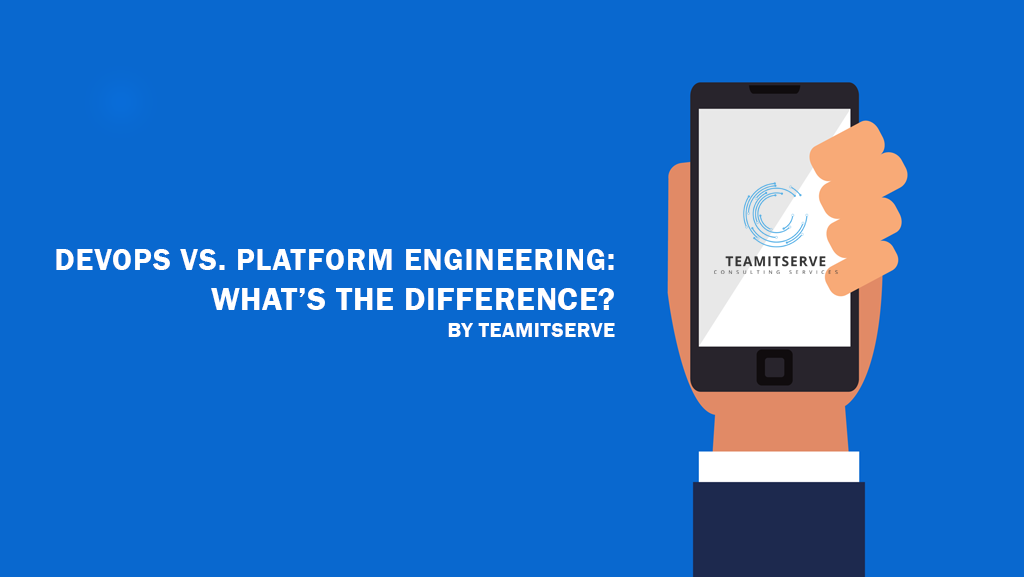
DevOps is a software development methodology that emphasizes collaboration and communication between development teams and IT operations teams. It has become increasingly popular in recent years due to its ability to improve software delivery speed, quality, and reliability. However, as technology continues to evolve, the future of DevOps is likely to bring even more changes and improvements.
Here are some possible future trends for DevOps:
Automation: Automation is already a key aspect of DevOps, but it is likely to become even more important in the future. As more processes become automated, developers and operations teams will be able to focus on higher-level tasks that require human expertise.
Artificial intelligence: Artificial intelligence (AI) and machine learning are becoming increasingly important in many areas of software development. In the future, these technologies may be used to improve DevOps processes as well. For example, AI could be used to analyse performance data and identify areas for optimization.
Continuous deployment: Continuous deployment, which involves automatically deploying new code changes to production environments, is becoming more common in DevOps. In the future, it is likely that continuous deployment will become even more prevalent, as it allows organizations to rapidly deliver new features and fixes.
Security: As software development becomes increasingly complex, security will become even more important. DevOps teams will need to focus on integrating security into every aspect of the development process, from design to deployment.
Microservices: Microservices architecture, which involves breaking down applications into small, independently deployable services, is becoming more popular in DevOps. In the future, microservices are likely to become even more prevalent, as they allow teams to develop and deploy applications more quickly and efficiently.
Serverless computing: Serverless computing, which involves running code without the need for servers or infrastructure, is becoming more popular in DevOps. In the future, it is likely that serverless computing will become even more prevalent, as it allows teams to focus on developing and deploying code, rather than managing infrastructure.
In conclusion, the future of DevOps is likely to bring even more changes and improvements, as technology continues to evolve. Automation, artificial intelligence, continuous deployment, security, microservices, and serverless computing are just a few of the trends that are likely to shape the future of DevOps. As always, the key to success in DevOps will be to stay agile, flexible, and open to new ideas and technologies.
